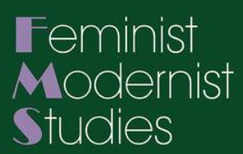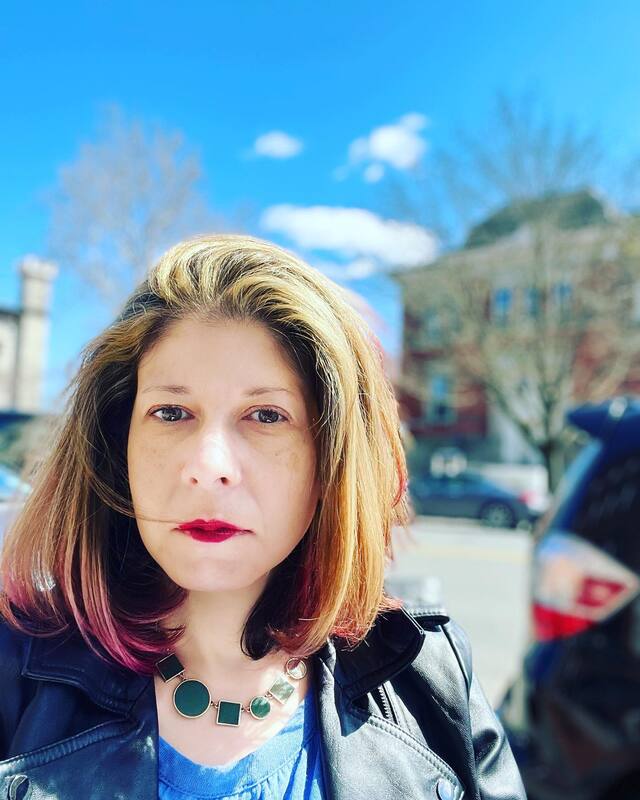 Essays are invited for a peer reviewed cluster of the second issue of the journal Feminist Modernist Studies considering how our understanding of modernism and gender has changed with the rise of digital technologies that have altered the ways we read, research, and teach. Over the past decade, modernist studies has seen the development of a wide range of projects interpreting the work of women writers, from targeted initiatives such as Woolf Online, Mina Loy: Navigating the Avant-Garde, and The Marianne Moore Digital Archive to broader resources, such as ModNets and the Modernist Archives Publishing Project. How have these new platforms for research transformed feminist modernist studies and what might the digital humanities offer feminist modernist scholarship? Conversely, what might feminist modernism offer the digital humanities? What do or could feminist modernist digital practices look like, particularly in light of recent critical interventions like Miriam Posner, Lauren F. Klein, and Catherine D’Igazio’s treatment of “Data as Media” and “Feminist Data Visualization”? Contributors might address how digital archives, tools, projects, or methods can engage such concepts as global modernisms, media ecologies, intersectionality, the Anthropocene, disability studies, and material culture. What impact can pedagogical experiments addressing these (and related) topics have on broader conceptions of the digital humanities, particularly in the wake of publications like Claire Battershill and Shawna Ross’s Using Digital Humanities in the Classroom and Adam Hammond’s Literature in the Digital Age? Please send 4,500-word essays in Chicago style by March 15, 2018 to Amanda Golden, [email protected].
0 Comments
Your comment will be posted after it is approved.
Leave a Reply. |
